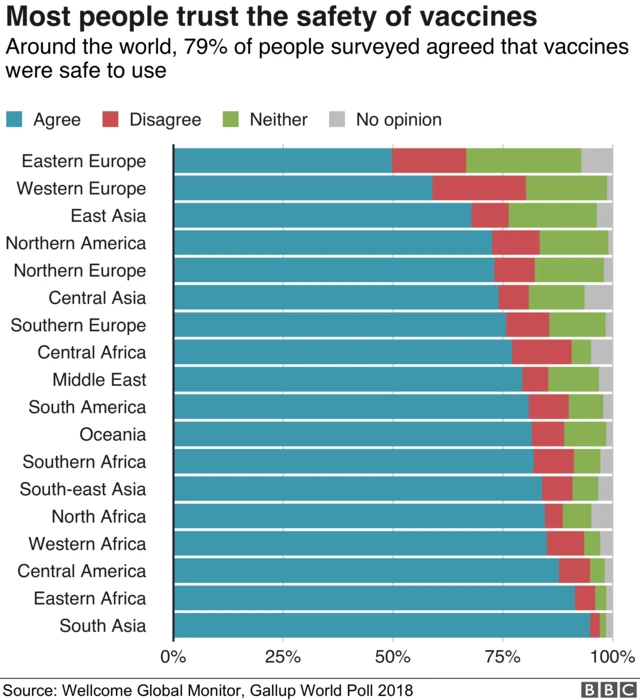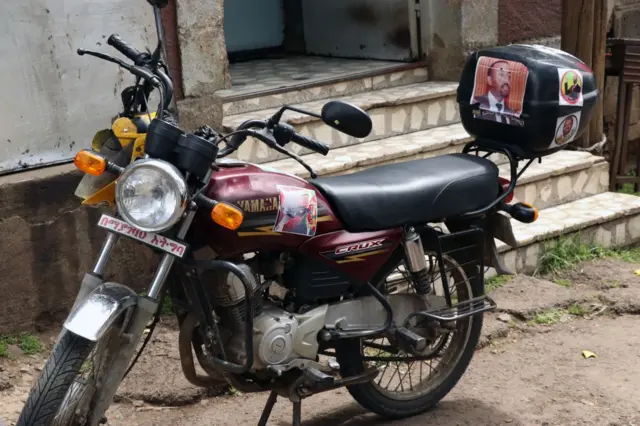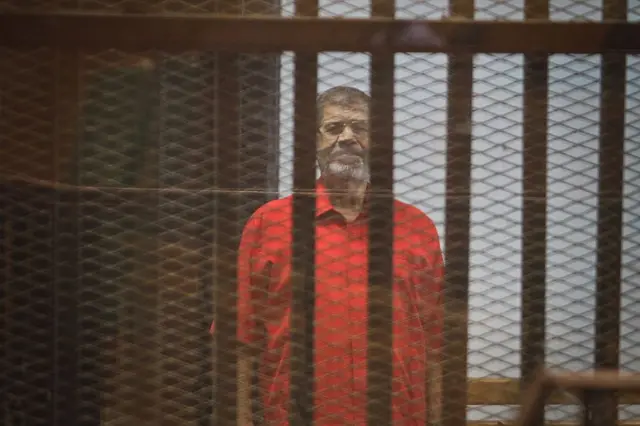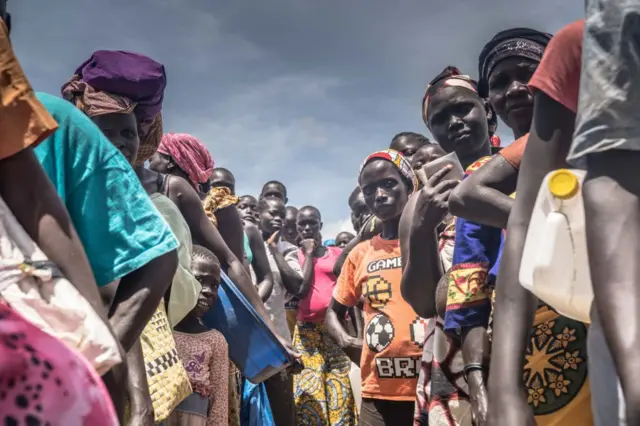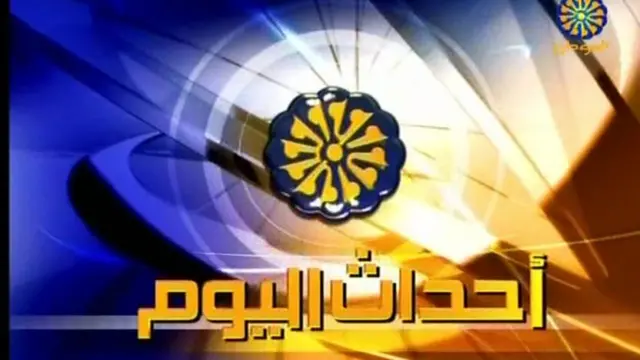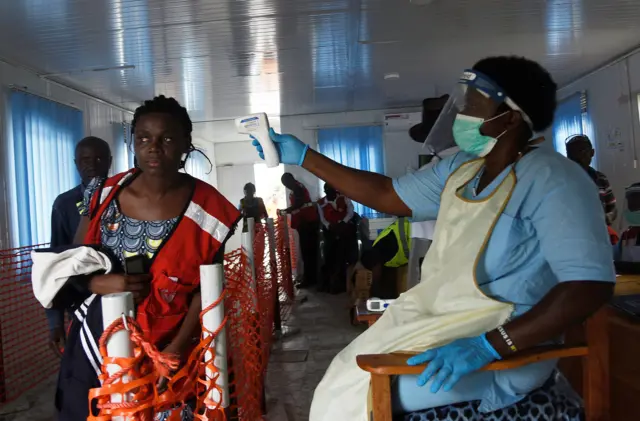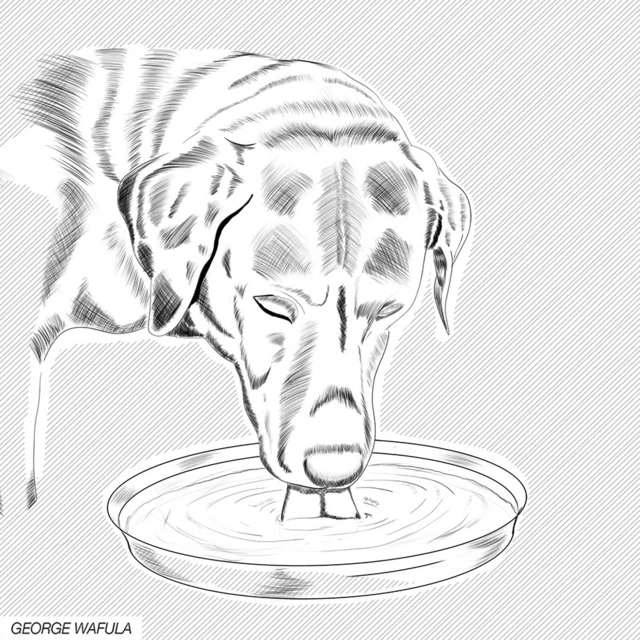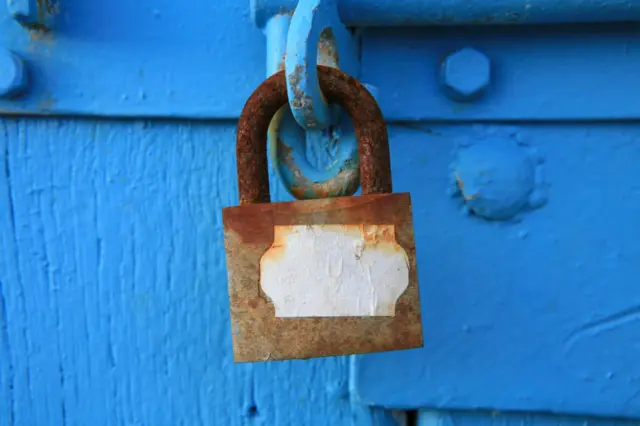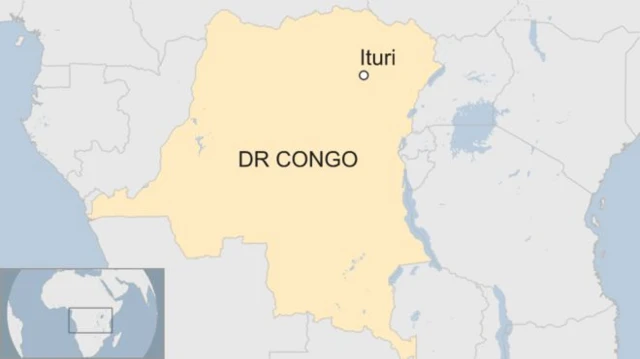Gender confusion in Kenyan courtpublished at 13:14 BST 19 June 2019
There was surprise in a Kenyan court when a suspect who had been held in a cell for women turned out to biologically be a man, privately-owned newspaper Daily Nation reports, external.
The suspect, Shieys Chepkosgei, was arrested for impersonation on Monday while working as an unregistered female nurse at a teaching hospital in Eldoret, western Kenya.
On Tuesday the magistrate said the suspect should be held until 24 June while the authorities carry out further medical examinations.
"As I issue this order I even do not know whether the suspect will be detained in male or female cells. I hope the investigating officer will use his wisdom to ensure that the suspect is detained at a right place," magistrate Charles Obulutsa is quoted by the Daily Nation as saying.
The suspect told the court that despite being born male she identifies as a woman, the Standard newspaper reports, external.
The Standard adds that the 29-year-old has participated in a number of marathon races as a woman.
She did not comment on the charges in court.


